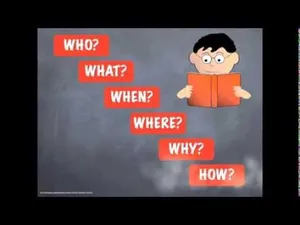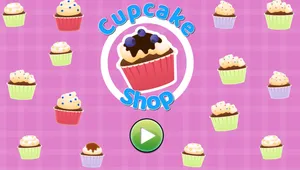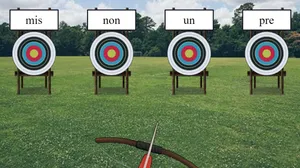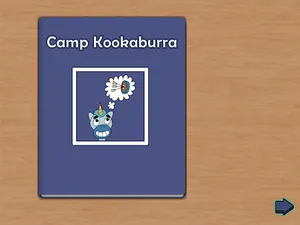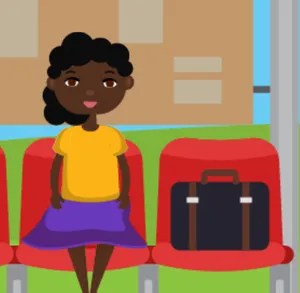Reading Activities and Teaching Resources for 4th Grade
Is there anything more rewarding than listening to your fourth grader give a mini dissertation on a new topic they just read about for the first time? Expertise is born in books!
Most fourth grade-level readers are moving beyond basic consumption of text toward deeper levels of understanding and connection. Students will be developing the ability to infer much more than they have in the past and integrate information from multiple sources to build background knowledge on various subjects. eSpark's fourth grade reading content is focused primarily on Reading Literature and Reading Informational skills, with an emphasis on not just understanding text, but also synthesizing and using the information.
For a more comprehensive look at eSpark's standards-aligned fourth grade reading teaching resources, check out the breakdown of covered domains and the skills students will be working on here:
Some of the skills students will master in eSpark include:
Reading Literature
- Refer to details and examples in a text when explaining what it says explicitly and when drawing inferences.
- Determine a theme of a story, drama, or poem from details in the text; summarize.
- Describe in depth a character, setting, or event in a story or drama, drawing on specific details.
- Determine the meaning of words and phrases as they are used in a text, including those that allude to significant characters found in mythology.
- Explain major differences between poems, drama, and prose, and refer to the structural elements of poems and drama when writing or speaking.
- Compare and contrast the point of view from which different stories are narrated, including the difference between first- and third-person narrations.
- Make connections between the text of a story or drama and a visual or oral presentation of the text, identifying where each version reflects specific descriptions and directions.
- Compare and contrast the treatment of similar themes and topics and patterns of events in stories, myths, and traditional literature from different cultures.
- Proficiently read and comprehend literature, including stories, dramas, and poetry in the grades 4-5 text complexity band.
Reading Informational
- Refer to details and examples in a text when explaining what it says explicitly and when drawing inferences.
- Determine the main idea of a text and explain how it is supported by key details; summarize.
- Explain events, procedures, ideas, or concepts in a historical, scientific, or technical text, including what happened and why, based on specific information in the text.
- Determine the meaning of general academic and domain-specific words or phrases in a text relevant to a grade 4 topic or subject area.
- Describe the overall structure of events, ideas, concepts, or information in a text or part of a text.
- Compare and contrast a firsthand and secondhand account of the same event or topic; describe the differences in focus and the information provided.
- Interpret information presented visually, orally, or quantitatively (e.g., in charts, graphs, diagrams, time lines, animations, or interactive elements on web pages) and explain how the information contributes to an understanding of the text in which it appears.
- Explain how an author uses reasons and evidence to support particular points in a text.
- Integrate information from two texts on the same topic in order to write or speak about the subject knowledgeably.
- Proficiently read and comprehend informational texts, including history/social studies, science, and technical texts, in the grades 4-5 text complexity band.
eSpark is truly unique in the world of online learning. Our holistic, student-centered approach blends the proven benefits of play-based learning with systematic, explicit, and direct instruction. It’s proof that learning can be fun, personalized, and effective, all at once!
eSpark meets the criteria for evidence-based interventions under ESSA guidelines, and has been proven in multiple studies to improve student performance in math and reading.
When you sign up for an eSpark account, your students experience these activities via adaptive, differentiated independent pathways and teacher-driven small group assignments. Teachers also have access to detailed usage and progress reports with valuable insights into standards mastery, student growth trends, and intervention opportunities.
With the addition of the game-changing Choice Texts for the 2023-2024 school year, eSpark has cemented its status as the most loved supplemental instruction option for students and teachers alike. Claim your free account today and see the difference for yourself!
